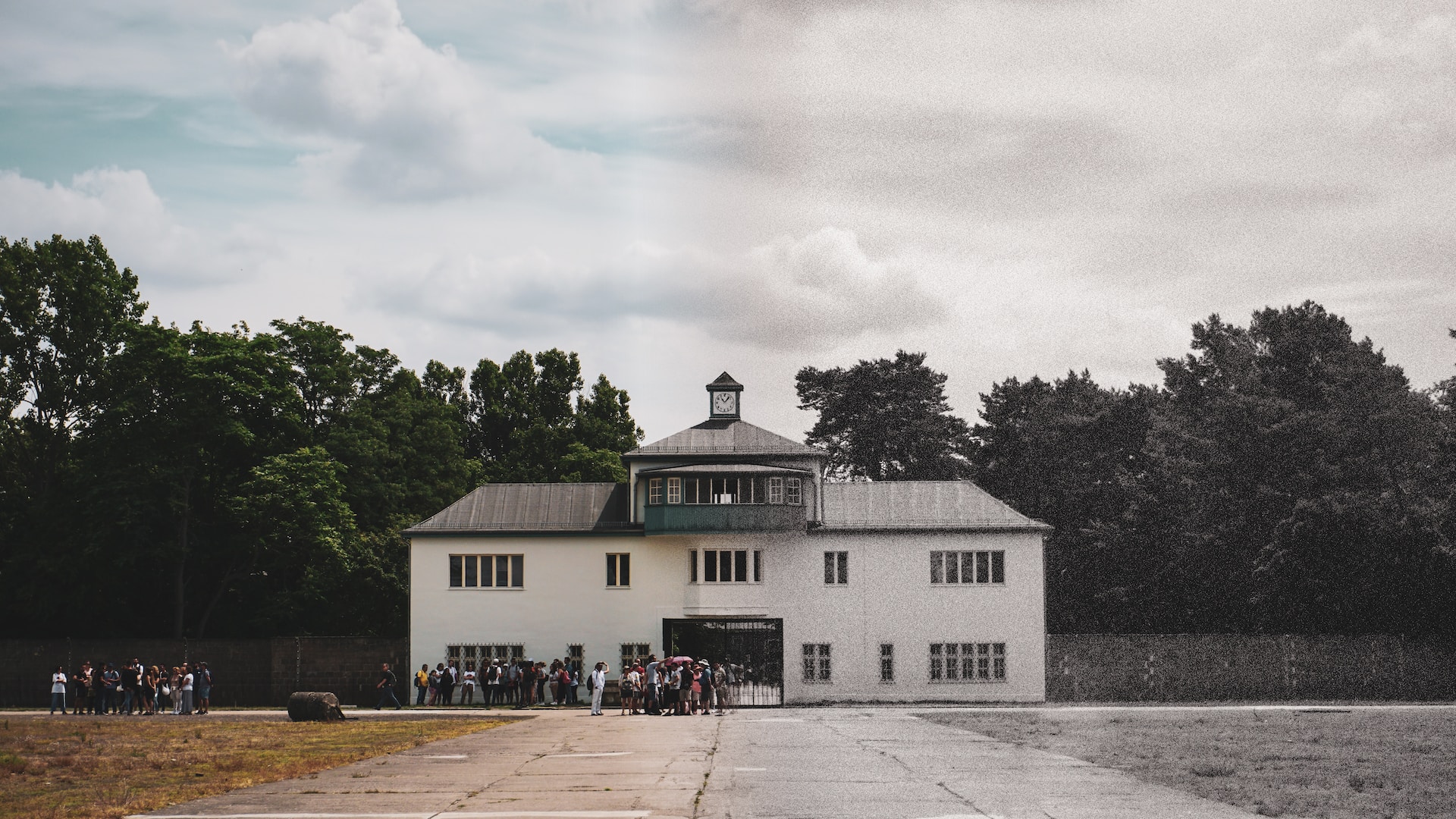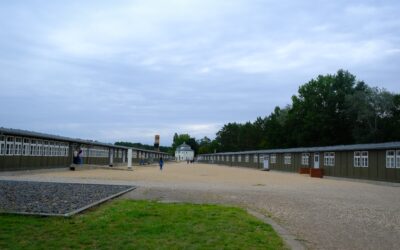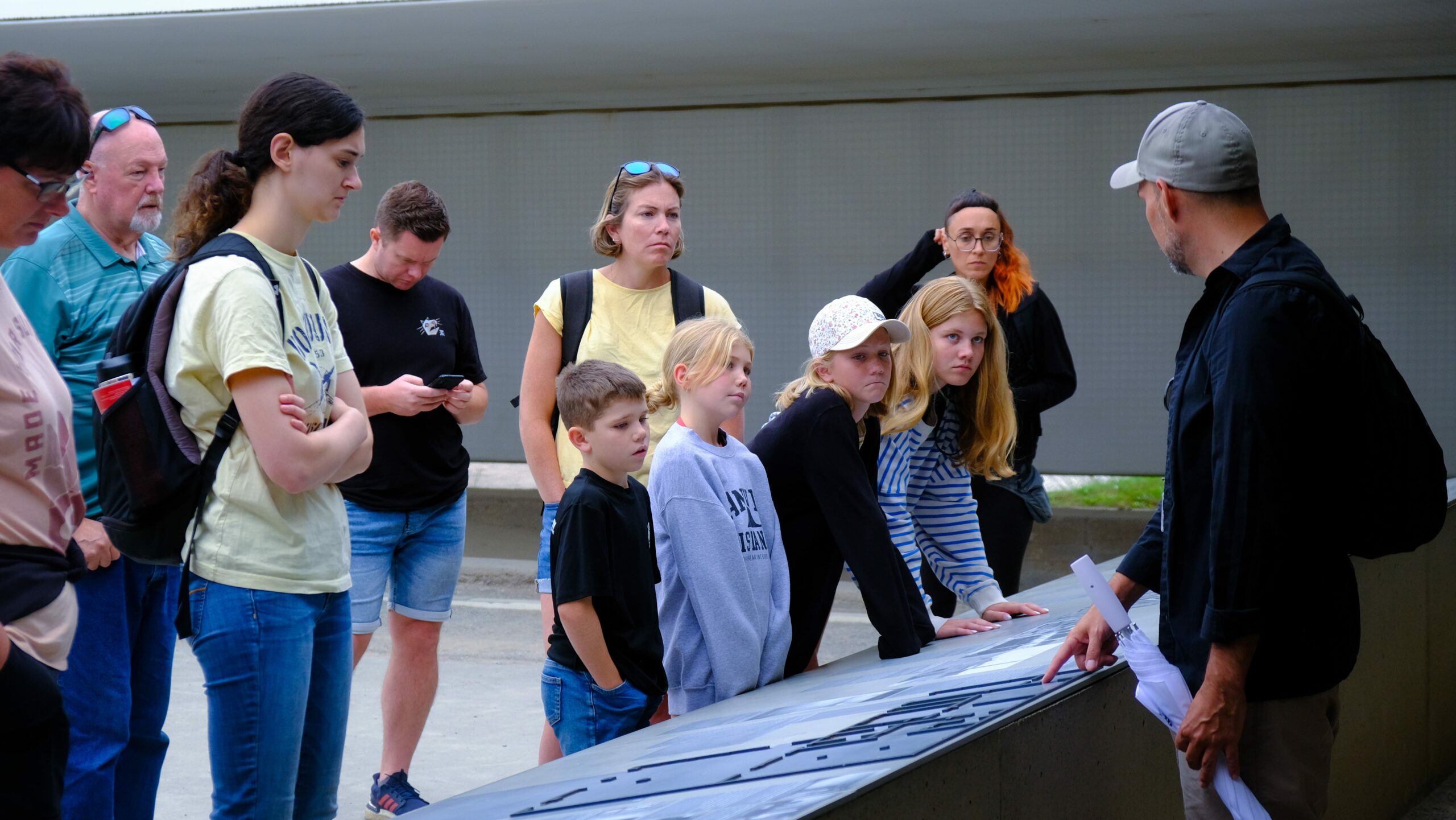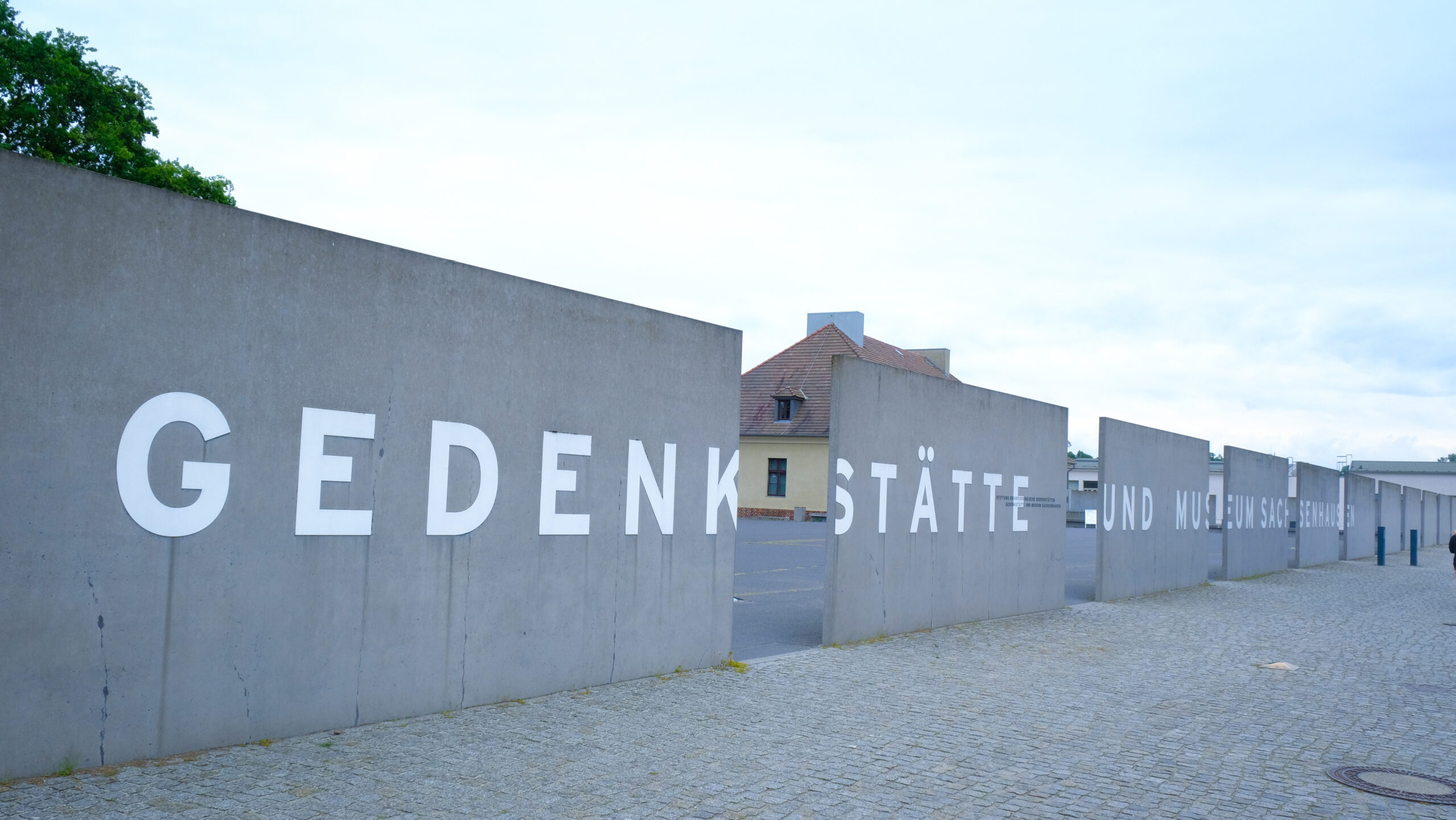The concentration camps in Berlin were a system of camps created by the Nazis during the Second World War for detention of criminals and other groups that they opposed, the main victims were Jews, but also political opponents, homosexuals, Gypsies, and other ‘undesirables.’
1. Functions of Berlin concentration Camps
The principal aim of the concentration camp in Berlin was to incarcerate, torture and kill those who were considered socially unfit by the government of Nazi Germany. These were really an instrumental machinery to help in the achievement and realization of the genocide policies and beliefs by the Nazis.
1.1 Targeted Groups
Anti-Semitic hatred and prejudice made up part of the superiority belief that the Nazis held propagated as regime policy in targeting more persons of specific racial, ethnic, political, and social feat. The primary targets were:
Jews: The Jews were targeted for extinction and the Nazis went ahead to exterminate them through gassing and forced working or labor.
Political Dissidents: Persons who were against the Nazi regime such as communists and socialist, were put behind bars and murdered in the camp.
Homosexuals: The Nazi governments look at homosexuality as a crime and persecuted individuals who are perceived to be gay or bisexuals and put them to jail.
Romani People: The Romani people suffered ethnic persecution of their population and were subjected to forced labor and extermination.
1.2 Torture and Experiments
Apart from mere imprisonment, inmates of the Berlin concentration camps suffered through torture, psychological traumas, medical experimentations, forced labor among others. These camps were terrible places in which human rights were grossly violated.
2. Berlin Concentration Camps: Locations and Types
The concentration camps in Berlin were several places in and around the city of Berlin. The most notorious camps in Berlin were:
Camp
Type
Sachsenhausen
Concentration Camp
Ravensbrück
Women’s Concentration Camp
Marzahn
Concentration Camp
Grunewald
Concentration Camp
All these camps differed in size, function but all aimed at implementing a policy of systematic extermination of some of these groups.
3. Liberation and Legacy
The freeing of Berlin concentration camps started in 1945 with the support of Allied forces who came across the bare minimum living standards in these camps. Physical and psychological disabilities were the lot of many survivors, and the world got to know the kinds of things the Nazis had done.
Berlin’s concentration camps reveal the historical and social lessons we can learn with reference to hatred, discrimination and the value of human rights. In order not to let such tragedies happen again memorial, museums and educational project have been developed in different parts of the World.
3.1 The Cultural Memory and its Function: Remembering And Learning
Being a witness at the sites of the former Berlin concentration camps is also a good lesson to learn, to remember and to honor for the victims. Many of these sites are strictly informative and give the feeling of the people during this sad period of our history, carrying the message of compassion and understanding.
3.2 Learning about Hate and Advocating for Human Rights
Understanding history and embraces past wrongs ensure that people and society can correct the wrongs by clearing the discriminative barriers. It should be now our socially responsible endeavor to fight hate, discrimination, and any sort of persecution. It is in our ability to enshrine human rights, encourage fellow human beings to understand the pain of others, and embrace Diversity and such heinous acts will remain unthinkable as they should be.
It is crucial for knowing and understanding what the Holocaust and the principles based on hatred and division led to comprehend the Berlin concentration camps. Take an example, by learning from history, then people can all work towards having a better future.




